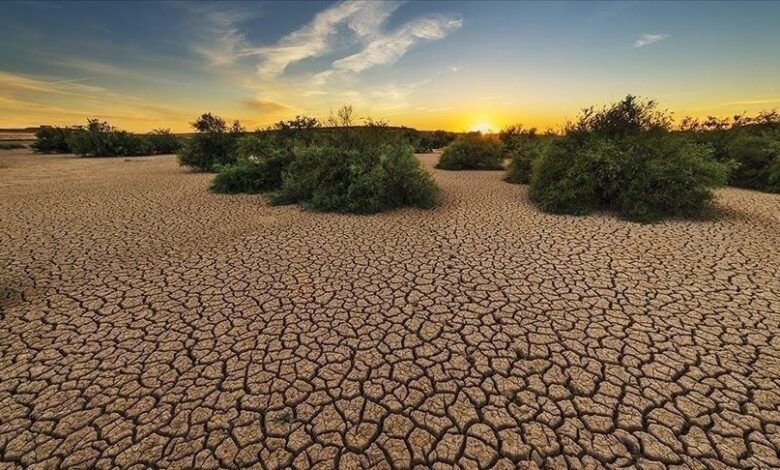Water on the Edge: Tunisia’s Climate Crisis and the Role of Research in Resilience

Tunisia is no stranger to environmental stress. But in recent years, the convergence of climate change, poor resource management, and socio-economic fragility has pushed the country to a critical juncture. From the parched agricultural plains of Kairouan to the eroding coastlines of Mahdia, the signs are unmistakable: Tunisia’s water crisis is deepening and the implications are far-reaching
Nation Under Pressure
According to the World Bank, Tunisia ranks among the most water-scarce countries in the world. With less than 450 cubic meters of renewable water per capita annually, the country is well below the threshold of absolute water scarcity. Climate models predict a further decline in rainfall and a rise in extreme weather events, including flash floods and prolonged droughts. These changes threaten not only agriculture, still a major employer, but also urban infrastructure, public health, and economic stability
The cost of inaction is steep. The World Bank estimates that climate-related losses could shave off up to 3.4% of Tunisia’s GDP by 2030. Yet despite the urgency, climate adaptation remains underfunded and fragmented
Academic Research: A Quiet Revolution
In this context, Tunisian universities and research institutions are stepping up. Supported by initiatives like the DIRASA project, a multi-year effort to strengthen research governance in low- and middle-income countries-academics are developing new frameworks for water governance, ecological transition, and strategic foresight
At the University of Sfax, researchers are piloting smart irrigation systems that use real-time data to optimize water use in olive farming. In Tunis, interdisciplinary teams are modeling coastal vulnerability to inform urban planning. And across the country, scholars are engaging with local communities to co-design adaptation strategies that reflect lived realities
DIRASA’s contribution is not just technical it’s structural. By training university staff in research management, promoting international collaboration, and embedding strategic intelligence into institutional planning, the project is helping Tunisian academia align with global sustainability goals
From Research to Resilience: Bridging the Gap
But research alone is not enough. Tunisia’s climate resilience depends on its ability to translate academic insights into actionable policy. This requires
Green Infrastructure Investment: Expanding rainwater harvesting, rehabilitating dams, and upgrading wastewater treatment facilities
Water Governance Reform: Decentralizing water management, improving transparency, and integrating climate data into decision-making
Community Empowerment: Supporting local adaptation initiatives, especially in rural and coastal areas, through participatory research and capacity-building
Cross-Sector Collaboration: Bridging academia, government, civil society, and the private sector to co-create solutions
Tunisia’s climate crisis is not just an environmental challenge it’s a development challenge. And in this fight, research must be more than a background actor. It must be the backbone of resilience
A Global Lesson
Tunisia’s experience offers a cautionary tale and a hopeful blueprint for other countries navigating climate vulnerability. It shows that even in resource-constrained settings, strategic investment in research and inclusive planning can yield transformative outcomes
As the world gathers to discuss inclusive digital transformation and sustainable development, Tunisia’s story reminds us that resilience begins with knowledge and that knowledge must be shared, applied, and scaled
Malek Chouchi




